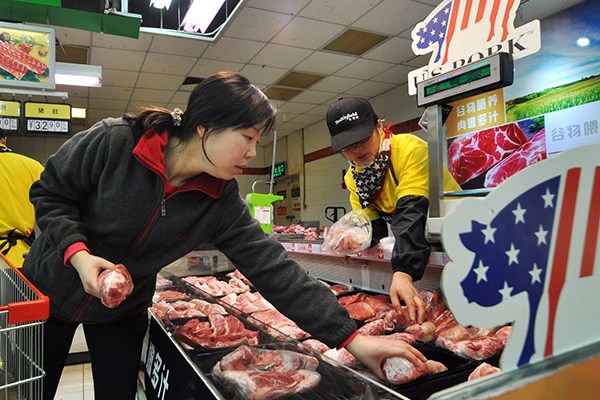
Many companies are eyeing a piece of the e-commerce pie in China, but many are getting their hands burnt in the process as well
It is no secret that China is the world's largest e-commerce market, thanks to the staggering amounts of money Chinese consumers have been spending online. According to China's National Bureau of Statistics, online retail transcations in the country hit 3.877 trillion yuan ($589.61 billion) in 2015, a 33.3 percent increase from a year earlier.
But while China may be the global leader in e-commerce, online sales actually only contribute to about 11 percent of the total retail sales in the country, based on findings by global information company Nielsen.
However, Nielsen also estimates that online sales are growing at a staggering rate of 53 percent year-on-year, an indication of the immense potential of China's e-commerce industry. Naturally, many companies have rushed to establish e-commerce platforms to sell their products, but not all of them, even the big players, have tasted success.
"China's e-commerce market is evolving very quickly and it is difficult for an internet platform to keep up without strong China-centric funding and resources," said Ben Cavender, principal of China Market Research Group.
"There are tremendous opportunities for e-commerce to grow further but right now it is still at an early stage. In three to five years, two to three dominant players will emerge from the competition," said Cavender.
Metao.com, a Chinese cross-border e-commerce provider that entered the scene in October 2013, is reportedly facing imminent closure despite receiving $35 million in investments in 2014. One of its customers had apparently lodged a complaint to the Economic Information Daily claiming that she has yet to receive her orders which were placed a month ago, and that her calls to the customer service hotline have gone unanswered.
On April 7, suppliers of local grocery platform Yummy77.com gathered in front of the company to demand for payment, only to discover hours later that the Shanghai-based company went bankrupt, according to a Xinhuanet report.
Yummy77.com, which was officially launched in May 2013, was regarded as a leading grocery e-commerce company in Shanghai, thanks to its prompt delivery services and generous discounts. In May 2014, Amazon China made its first investment in the Chinese mainland by injecting $20 million into Yummy77.com, swelling its evaluation to $100 million.
Li Chengdong, an independent e-commerce strategy analyst, said that the fall of the e-commerce site was largely due to factors such as the lavish spending on the construction of warehouses and a logistics network, an inexperienced management team, and the fact that buying fruit and vegetables online is still a novelty to the majority of Chinese consumers.


















































